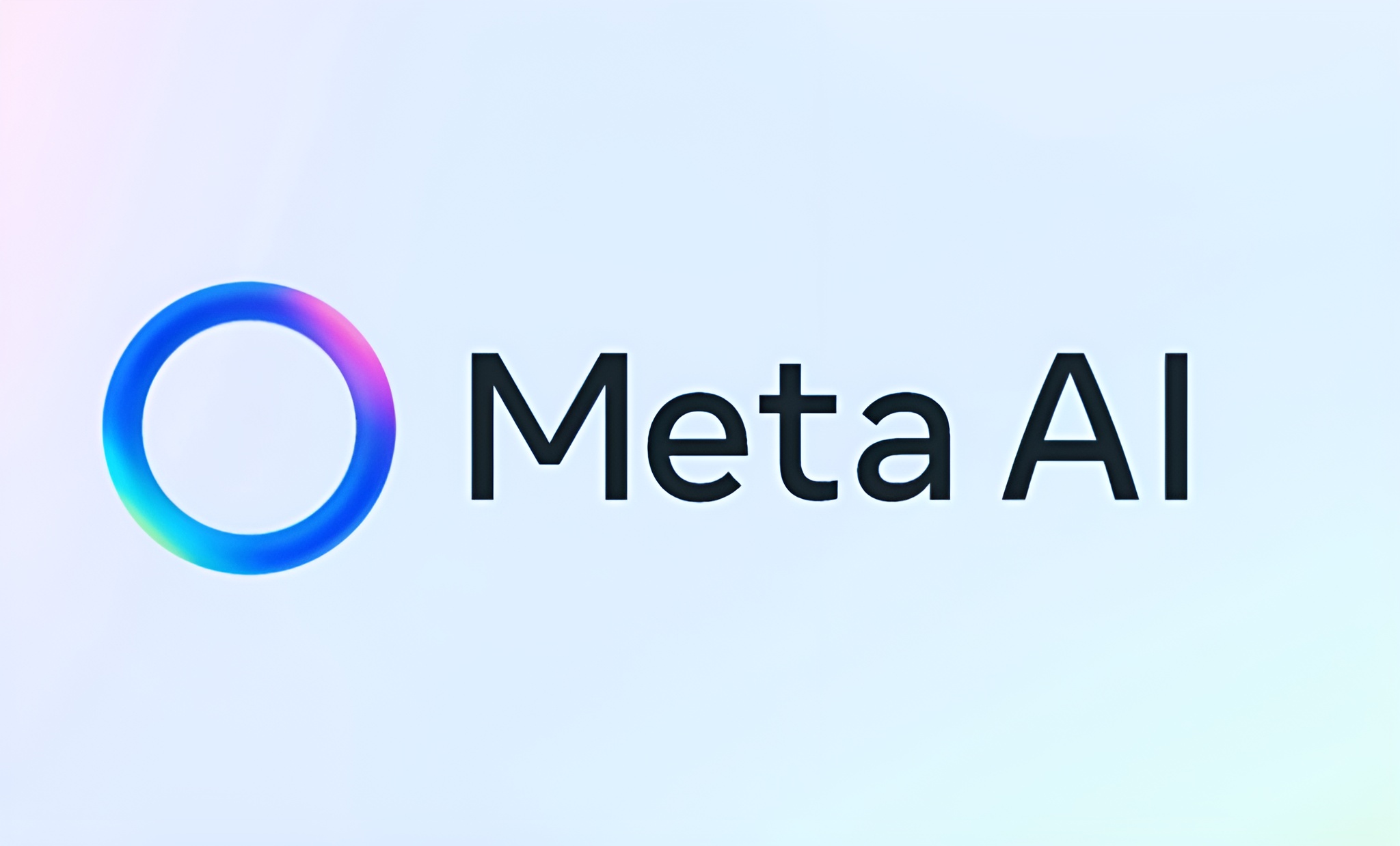AI is accelerating across creative fields, raising concerns among workers who say the technology is reshaping livelihoods faster than anyone expected.
A University of Cambridge study recently found that more than two-thirds of creative professionals fear AI has undermined their job security, and many now describe the shift as unavoidable.
One of them is Norwich-based artist Aisha Belarbi, who says the rise of image-generation tools has made commissions harder to secure as clients ‘can just generate whatever they want’. Although she works in both traditional and digital media, Belarbi says she increasingly struggles to distinguish original art from AI output. That uncertainty, she argues, threatens the value of lived experience and the labour behind creative work.
Others are embracing the change. Videographer JP Allard transformed his Milton Keynes production agency after discovering the speed and scale of AI-generated video. His company now produces multilingual ‘digital twins’ and fully AI-generated commercials, work he says is quicker and cheaper than traditional filming. Yet he acknowledges that the pace of change can leave staff behind and says retraining has not kept up with the technology.
For musician Ross Stewart, the concern centres on authenticity. After listening to what he later discovered was an AI-generated blues album, he questioned the impact of near-instant song creation on musicians’ livelihoods and exposure. He believes audiences will continue to seek human performance, but worries that the market for licensed music is already shifting towards AI alternatives.
Copywriter Niki Tibble has experienced similar pressures. Returning from maternity leave, she found that AI tools had taken over many entry-level writing tasks. While some clients still prefer human writers for strategy, nuance and brand voice, Tibble’s work has increasingly shifted toward reviewing and correcting AI-generated copy. She says the uncertainty leaves her unsure whether her role will exist in a decade.
Across these stories, creative workers describe a sector in rapid transition. While some see new opportunities, many fear the speed of adoption and a future where AI replaces the very work that has long defined their craft.
Would you like to learn more about AI, tech and digital diplomacy? If so, ask our Diplo chatbot!









